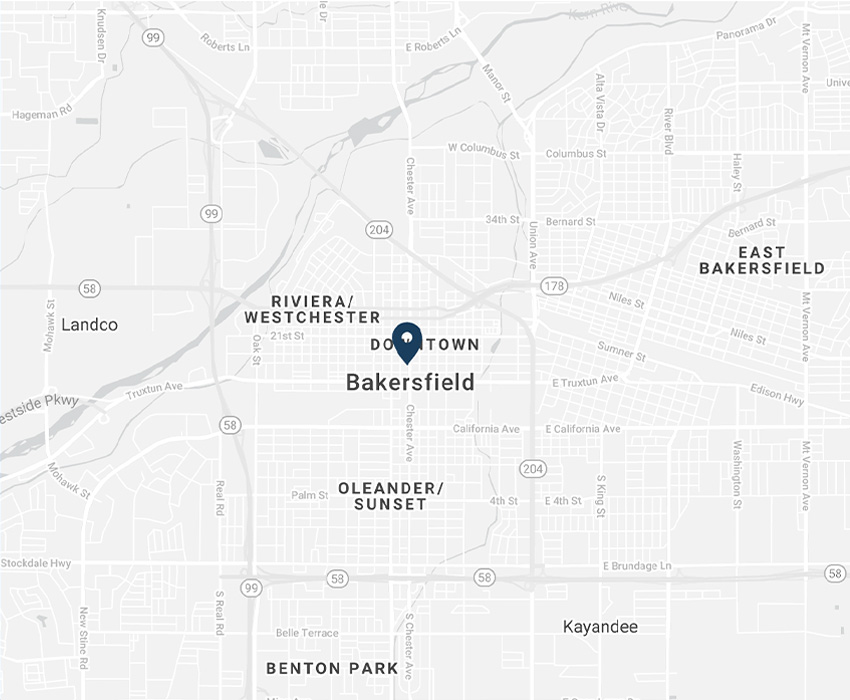Chain | Cohn | Clark on The Groove: How to know if you have a case against your employer
October 2, 2014 | Article by Chain | Cohn | Clark staff | Audio , News & Media , Tips & Information Social Share

* Update: Chain | Cohn | Clark is no longer accepting wrongful termination and sexual harassment cases *
Losing a job when you didn’t deserve to lose it, or dealing with a hostile work environment can be traumatic. Unfortunately, these situations happen all too often.
The reality is that employment law tends to be very favorable for employers, making it that much more important to contact an attorney who handles employment law cases right away, if you think you’ve been wrongfully terminated, sexually harassed in the workplace, or are dealing with an employment-related injury. Having an attorney will keep you from making mistakes, or agreeing to things that may negatively impact your ability to pursue a case. Secondly, an attorney will be able to inform you of the necessary steps you must take before taking any action against your employer.
These are just some of the tips provided by the Bakersfield wrongful termination and employment law attorney Neil Gehlawat of Chain | Cohn | Clark recently while on the air with Sheri Ortiz on The Groove 99.3.
He also discussed how to know if you have a case, the necessary steps to take if you think you have a case, and other tips for employment cases.
Employment law cases are essentially divided into two types, shared Gehlawat:
- Wrongful termination
- Hostile work environment/sexual harassment
The agency in California that oversees employment-related matters is the California Civil Rights Department (CRD). The law in California requires employees to “exhaust their administrative remedies” before pursuing legal action against their employer. That means that employees in most cases need to obtain a “Right to Sue” letter from department before they can sue their employer in court. It is highly recommended that you contact an attorney before filling out any forms with department.
Provided that you are an at-will employee, in California, the law permits employers to hire and fire employees at will, provided that the hiring or firing decisions are not discriminatory in nature, or do not violate public policy.
The Fair Employment and Housing Act prohibits employers from retaliating against employees, or subjecting them to a hostile work environment, because they are members of a protected class. “Protected class” means (and is not limited to) age, religion, national origin, race, gender, sexual orientation, disability and others. In other words, an employer cannot fire you because you are African American, or because you are a senior citizen and replace you with someone much younger, or because you are Jewish, for example. If you believe that being part of a protected class is the reason for retaliatory action taken against you, you should consider speaking with an attorney.
There are some other instances where you may have a case, but those instances are limited. For example, if you are a whistle blower, meaning you report the wrongful or illegal activity of your employer to a higher-up and you are then fired or disciplined for it, you may have a case. Or if you’re injured on the job, and file a workers’ compensation* claim, your employer cannot fire you. In the last case, they must also make an effort to engage in a good faith interactive process to see if they can reasonably accommodate you, even with injuries you have sustained on the job.
Finally, Gehlawat shared some tips.
It is important for employees to always put things in writing. Employment cases always turn into “he-said, she-said” cases, and putting things on writing can go a long way to help your case. If you’re having an issue at work, send an email or write a letter, and notify your supervisor or human resources representative. Keep records of everything you put in writing so that it is documented and it does not get lost. Second, if you’re being harassed or subjected to a hostile work environment, you need to report it in writing. You need to give your employer a reasonable opportunity to correct the problem, and if you do not, it may negatively affect your case.
Gehlawat said if you take just two things away from this blog post and the radio spot, it’s this:
- Talk to an attorney early.
- Document everything in writing.
* Editor’s Note: Neil Gehlawat is no longer an attorney with Chain | Cohn | Clark *
——–
*NOTICE: Making a false or fraudulent Workers’ Compensation claim is a felony subject to up to 5 years in a prison or a fine of up to $150,000 or double the values of the fraud, whichever is greater, or by both imprisonment and fine.

